Were you raised by a narcissistic parent? If you’re not sure take a look at the signs you’re an adult child of narcissistic parents.
Did you grow up feeling like you didn’t matter, or like you weren’t good enough? Did one of your parents teach you that you weren’t as important as they were, or did they control every move you made? Or maybe your parent was more of a lazy, hands-off type who didn’t seem to care what you did – or who only paid attention to you when it was convenient for them.
If any of that sounds familiar to you, have you ever wondered if you might be the adult child of a narcissistic parent? If you are, chances are you don’t have the best memories about at least certain parts of your childhood. But the good news is that you don’t have to allow the effects of your abusive, gaslighting parents to control your life anymore. Even better, there is plenty of help and support available for adult children of narcissistic parents.
Signs You Were Raised by a Narcissistic Parents
Were you raised by a narcissistic parent? If you were, then you might already know how significantly it can impact your adult life and your relationships. If you’re not sure it can help to take a look at the signs you were raised by a toxic parent.
Signs of a Narcissistic Parent in Infancy and Early Childhood
In early childhood, narcissistic parents can be more difficult to detect, as the children won’t have as much of their own, separate opinions yet. Even more confusing, narcissistic parents tend to go to one extreme or the other – either they are highly engaged and controlling, or not. For example, Narcissistic parents are often extremely possessive of their kids. If not possessive, then they are completely dismissive of children.
There are things narcissistic mothers say when you’re upset or crying about something and they are annoyed by your emotions, which they feel are not real or relevant. For example – “These are the choices that you have made,” “Get over it,” “You’re so dramatic,” and so on.
- They see kids as extensions of themselves, and they use the kids as accessories when they’re small. Or, they see them as extensions of themselves which means they don’t matter as they’re not as “real” or “important” as other people. They are often not even able to imagine that their child might be a “whole person” in any given moment.
- They act like taking care of their babies is above and beyond their responsibility as a parent. They may have wanted or expected praise for completing basic parental responsibilities. Alternatively, they ignored their responsibilities and pushed them off on to the other parent or even a grandparent, babysitter, or, in some cases, a sibling.
- They may have been fans of the helicopter parenting style. If not helicopter parents, they’d have been very hands-off.
Read Narcissistic Abuse Syndrome: 10 Signs You’ve Experienced Narcissistic Abuse
Signs of a Narcissistic Parent in the Tween and Teen Years
Of course, since we know that narcissists rarely change, we know that going into the tween and teen years, the toxic parent will want to retain control, if that is their weapon of choice, or they will increasingly ignore and neglect their kids if they’re a “hands-off” type.
And the older a child gets, the more separate they naturally become from their parents. It is a healthy and normal part of a child’s development and journey into adulthood. They form their own opinions, thoughts, feelings, and styles. They may see the world differently than their parents, and they may talk back or openly rebel against even the most easy-going parent. But when it comes to kids being raised by a narcissist, this time will look a little different.
Just like during infancy and early childhood, you’ll see a lot of extremes. For example:
- The kids will actively either be people-pleaser types, actively trying to please the parent, or in some cases, they’ll sort of “become the adult” who is responsible for taking care of the parent as if they’re responsible for their emotional and even physical wellbeing – or they may actively and directly defy the parents and lean into that whole “black sheep” role.
- The kids will either struggle with boundaries and be regularly walked all over, or they’ll be so firmly anti-authority that they’ll be the one doing the walking all over someone else.
- In many cases, the kids will feel responsible for everyone’s problems and mistakes. Narcissistic parents almost never take responsibility and often blame one or more of their kids for their issues.
- In families where there is more than one child, the narcissistic parent will often assign various roles to each child, such as scapegoat, the golden child, and the lost child. These roles will be interchangeable over the years, depending on which child happens to be in the toxic parent’s good graces at the time.
Read 63 Most Commonly Used Phrases By Narcissistic Mothers
- Parents often become oddly jealous of or feel threatened by their children, especially those of the same sex as the parent.
- The parents may feel that their kids’ sole purpose is to fulfill their own wishes or dreams and often live vicariously through them.
- The children of narcissistic parents often feel like they’re unimportant and don’t matter. They feel not good enough and often accept whatever affection they can find – which is why they also often end up in toxic relationships as adults.
Read 19 Signs You Were Raised By a Narcissistic Mother or Father
Are you the adult child of narcissist parents?
Does any of that sound familiar to you? If so, you might be the adult child of a narcissistic parent. And the real question is how did your parents treat you growing up? And how do you view them now when you think back on it?
Children of gaslighting parents will have a lot of emotional trouble and psychological effects from the way they were treated, including having and struggling with a lot of different triggers, low self-esteem, and more.
Many people are shocked when they finally learn the dark truth of how narcissists really treat their families.
Shocking: Effects Narcissistic Parents Have on Your Adult Life
If you are the adult child of a narcissistic parent, then you’ll relate to some of the surprising effects that their parenting had on you. Let’s look at them now.
1. Narcissist Parents Teach You to Blame Yourself
Children of toxic, narcissistic parents are often told (and tend to believe) that they (or their birth, or something they’ve done or not done) are the reason that things have gone wrong in their parents’ lives. If you are a child of a narcissistic parent, as soon as you exercise your independence, your parent might have constantly made you doubt yourself by subtly (or not so subtly) tearing down your efforts, your attempts to do new things, and even your personal self in the process.
Since you were told over and over again everything was your fault, you may have believed you were the problem and the source of your narcissistic parents’ unhappiness. This might have led you to become extra hard on yourself – and this is where self-loathing comes in when you make mistakes.
Read 15 Signs You Are A Victim Of Gaslighting
All any child really wants is the love and approval of their parents. And the games your parents may have played made you think that if you did well, then they would love you.
Especially if you were the scapegoat. Of course, if you were the golden child, you were terrified of losing your parents’ approval. In either case, you never quite felt like you measured up – and this is just one of the many toxic effects being raised by a narcissistic parent can manifest.
2. Adult Children of Narcissistic Parents May Develop Insecure Attachment Styles
The toxic family – also known as a dysfunctional family – is often lead by a narcissist and/or an enabler. In addition to the fact that narcissistic parents may cause their children to be subject to trauma bonding. Similar to Stockholm Syndrome, this is a condition that causes abuse victims to develop a psychological dependence on their abusers as a survival strategy during abuse. Of course, trauma bonding makes recovering from any toxic relationship significantly more difficult.
All of this leads us to attachment theory, which describes how the dynamics of interpersonal relationships affect us on so many levels. Your attachment style is brought on by your relationship with your mother or another primary caregiver. Studies tell us that narcissistic parenting often causes insecure attachment styles.
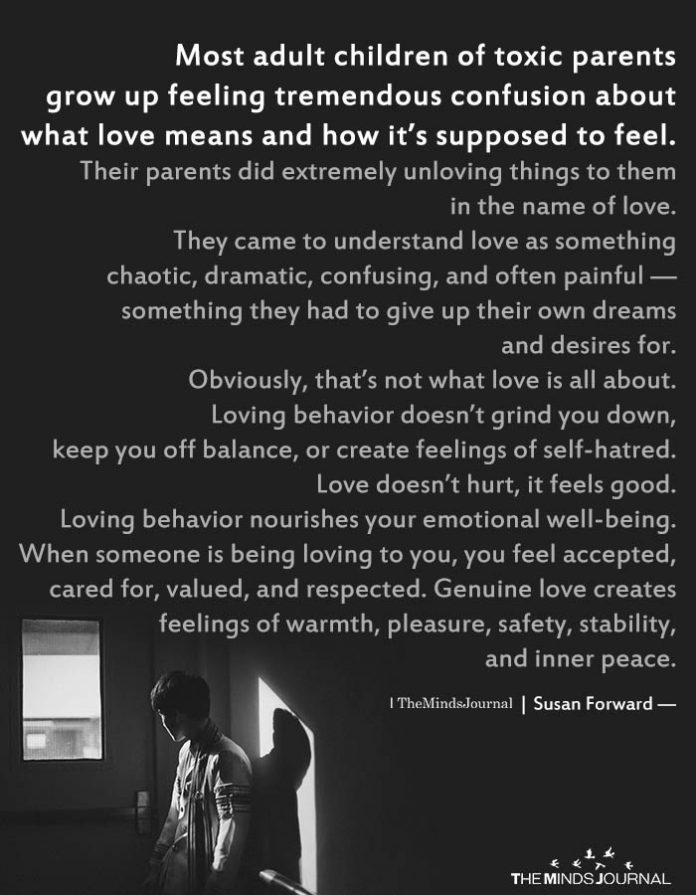
In some cases, you can feel numb on a consistent basis, having on some level completely abandoned your ability to emotionally attach to anyone. In cases of extreme neglect early in infancy, this can be even more serious, often resulting in reactive attachment disorder (RAD).
This would have made you a loner that keeps walls around so you never form interpersonal relationships. Do you have trouble trusting others? You were made to believe that others don’t like you as soon as they meet you. Or you believe that no one is trustworthy. Therefore, you grow into someone who builds ‘walls’ around so that others don’t get close. You would end up alone and have a hard time building any type of friendship or connection.
Here’s additional information on narcissistic parents and how the way they treated you during infancy and early childhood could literally, for the rest of your life, affect you, your psychology, and your relationships.
3. Adult Children of Narcissists Might Become Narcissists or Codependents
This does not always happen, of course, but often, the adult children of narcissistic parents will go to one extreme or the other in personality as well – they’ll be either a narcissist themselves, or they’ll be codependents who may feel doomed to serve narcissists for their entire lives.
In either case, there is a pretty good chance that, unless you’re careful, you might sort of “pick up” certain narcissistic tendencies (also called narcissistic fleas) as you navigate your adult relationships, and later your children. This would, unfortunately, keep that toxic family legacy intact, and the cycle would continue.
Read Explaining the Narcissistic “Critical Thinkers” in Your Life
It’s important to understand how narcissists are created – here’s a clear explanation of the psychology of how a narcissist develops.
4. Adult Children of Narcissists Might Marry a Narcissist
If you’re not a narcissist yourself, chances are that being raised by a narcissistic parent could lead to you ending up being involved with a narcissist in a relationship as an adult. In fact, if you’re being honest, you may have seen the effects of narcissistic parenting in someone else in your life, and you might understand how a narcissistic parent could create narcissistic children. Often, the “people-pleaser” child will end up with a narcissistic partner.
Read Daughters of Narcissistic Mothers: Why They Are Never Good Enough
If you’re anything like me, you may have gone the other way by becoming so concerned with making people happy that you forget about making yourself happy. You just really want people to love you, so in your efforts to avoid any stress and drama, you become incredibly selfless. You make it your mission to avoid conflict and you might appear to be overly nurturing and caring for others.
And often, you’ll be the person who supports everyone around you but who gets very little support from anyone else. You tolerate this because you just want to be loved and not “alone” and abandoned as you felt you might be growing up.
All of this is of course due to having this subconscious longing for someone – literally almost anyone – to give you the love and care that you deserved, but never received as a child. See, there are just a few people in our lives who are SUPPOSED to love us unconditionally, and when those people never show up for you, you very often feel like you are intrinsically unlovable. You may manifest this in a number of ways.
For example, you might end up having a large family yourself. If your parent was the “hands-off” type, you might have felt very lonely growing up, so this could lead you to become so involved and supportive of your kids that you fail to put yourself on your priority list at all. Or, if your parents were helicoptering, controlling types, you may become so “laid back” and permissive that you fail to discipline your children correctly. It’s a fine line you have to walk.
In either case, you grew up being made to believe your needs and wants didn’t matter. Or, you do this because you deeply crave the experience of having the love and warmth that you never had.
5. Adult Children of Narcissists May Develop C-PTSD
Do you ever find yourself having invasive thoughts and flashbacks of the psychological, emotional, or physical abuse you experienced growing up? Do you ever find yourself feeling positively numb, like you’re not even a real person? Sadly, the adult children of narcissistic parents often end up developing complex post-traumatic stress disorder (C-PTSD), a serious mental health condition affecting a large percentage of victims and survivors of narcissistic abuse.
As life goes on, you may also find that you end up caring for – or at least dealing with – an ageing parent who demonstrates narcissistic tendencies. If that’s the case, you might be dealing with a collapsed, aging narcissist. This, clearly, can add to the triggering and other issues related to C-PTSD and certainly will stifle your ability to heal and move forward.
Read Unraveling PTSD after Narcissistic Abuse
C-PTSD can take years to heal from, and treatment may be difficult to obtain as many professionals aren’t familiar with its symptoms and often tend to misdiagnose it. Therapists and other medical professionals may even victim-blame you and believe your abuser, if you go to therapy together, especially if they aren’t familiar with the subtle tricks of a narcissist.
There are so many different ways we can be affected by C-PTSD as adult children of narcissists. Here’s a handy playlist that will walk you through the complications, signs, and some self-help options for your healing after being raised by a toxic parent.
Unfortunately, C-PTSD can be a lifelong condition, but it can be managed with mindfulness and behaviour modification, among other therapies and modalities. On the plus side, if you’re willing to do your homework, there are plenty of trauma-informed coaching and counselling professionals as well as traditional therapists who are qualified to help you heal from your toxic childhood.
If you’re struggling to get over your abusive, traumatic childhood, you’re not alone – but you do have some healing to do. Start by getting these abusers out of your head so you can focus on the business of healing and evolving.
Written by: Angela Atkinson Originally appeared on: Queenbeeing.com Republished with permission.
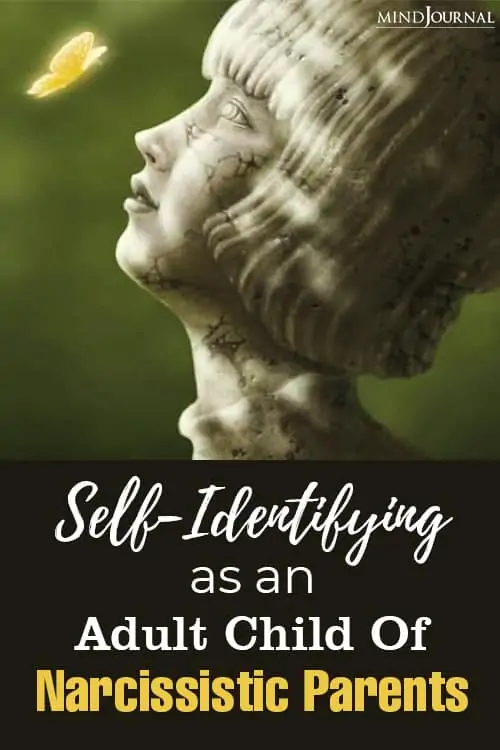
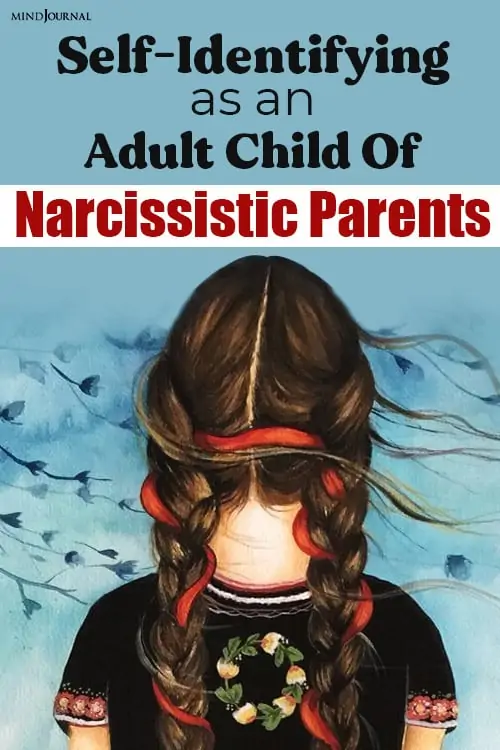
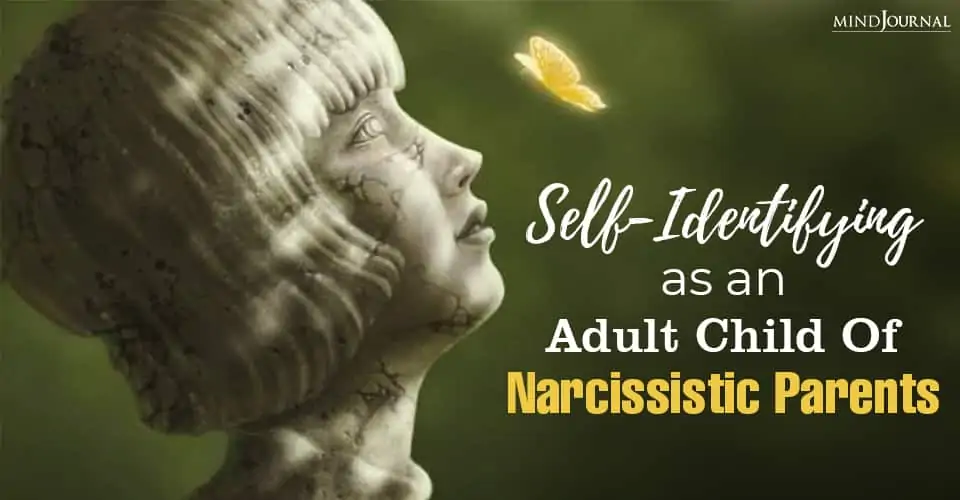






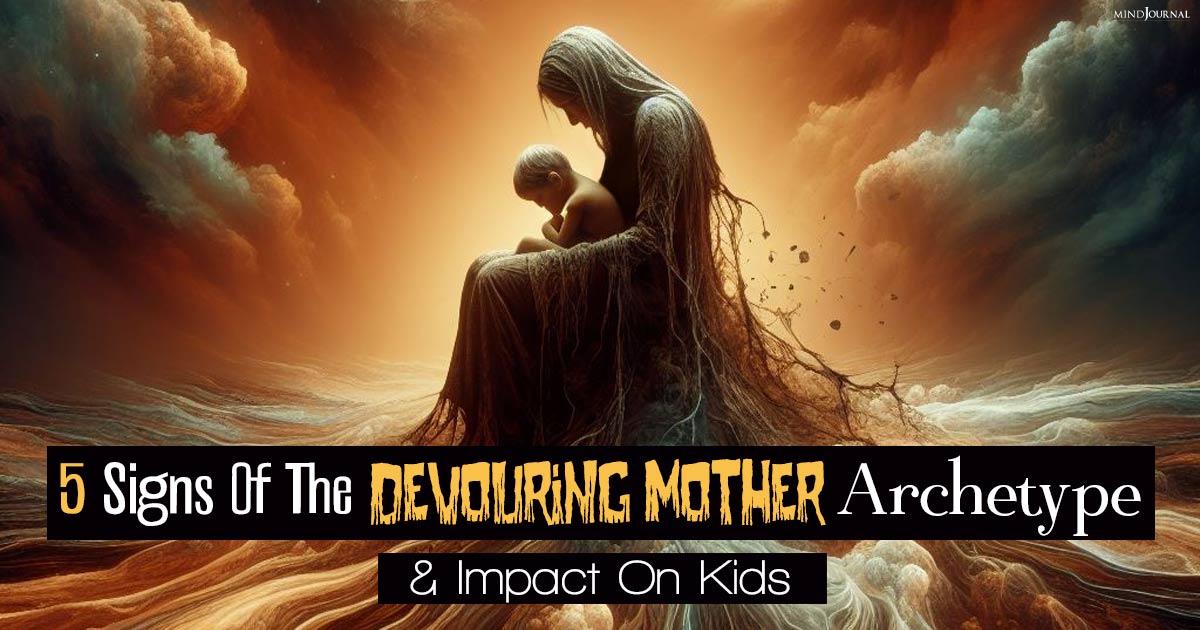
Leave a Reply
You must be logged in to post a comment.